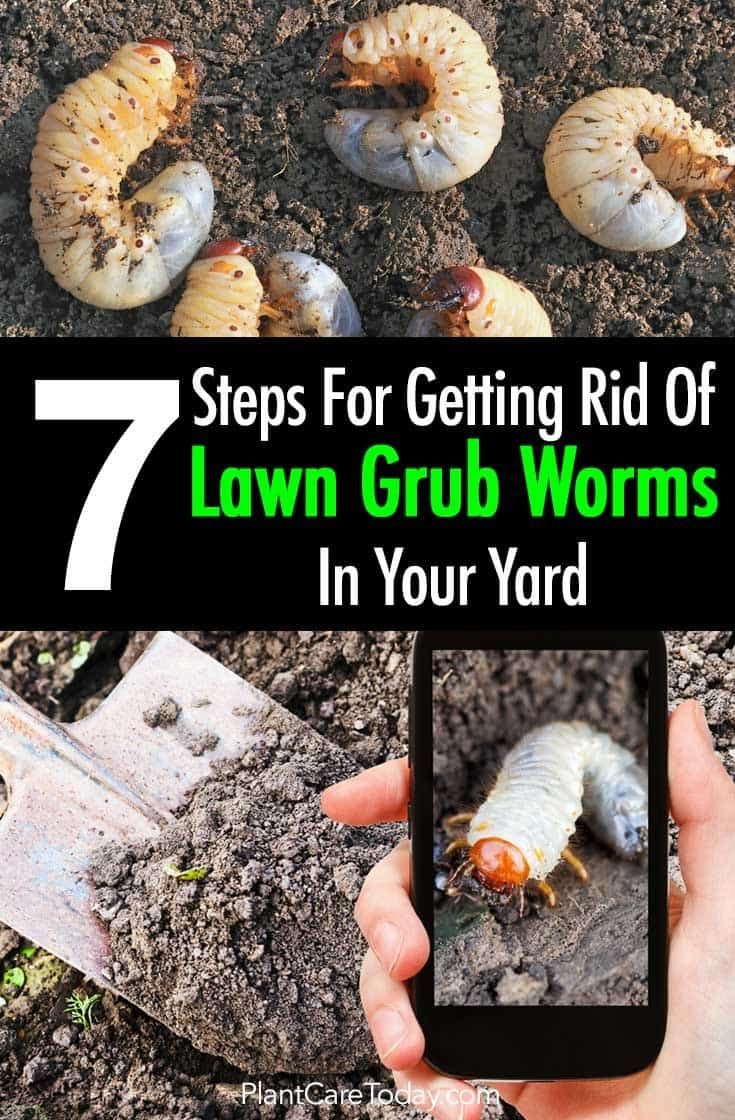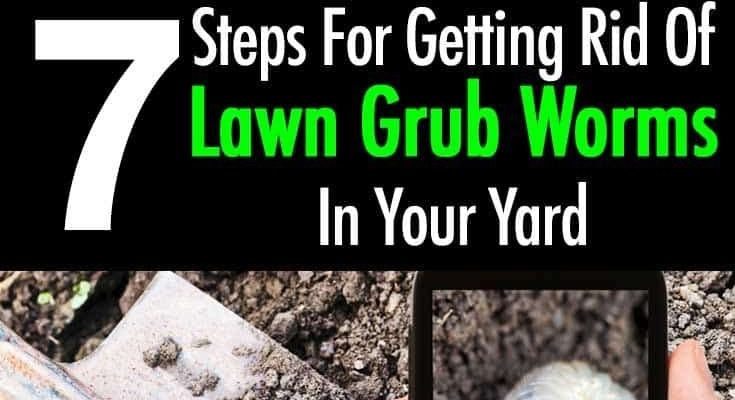
Imagine your yard as a bustling city. In this city, every piece of organic waste is like a potential invitation for unwanted visitors. Just like a city needs to keep its alleyways clean to ward off trouble, your yard needs proper management of its waste to prevent grubs from becoming a nuisance. So, how can you manage your yard waste wisely to keep these little gremlins at bay? Let’s dig in!
What Are Grub Worms and Why Are They a Problem?
Grub worms, often the larvae of various beetles, are like the ghosts of your yard’s past. You might not see them until they’ve already caused some damage. Typically, they feed on the roots of your grass and plants, leading to brown patches and even dead spots. It’s kind of like if pests were living under your bed, causing chaos while you sleep—you’d definitely want to clean that up!
Now, the tricky part is that grubs thrive in rich, organic material. So, if you’re not diligent about your lawn waste, you could be creating an ideal environment for them. By simply leaving fallen leaves, grass clippings, or other types of yard waste lying around, you’re rolling out the red carpet for these unwelcome guests. They love to hide in the decaying matter, making it easier for them to hatch and multiply.
Recognizing Signs of Grub Infestation
If you’re wondering whether grubs have moved in, there are a few signs you should look out for. First, check for browning patches in your lawn. If you notice areas that feel spongy when you walk on them, that could mean grubs are munching on the roots underneath.
Another sign is the presence of birds in your yard. Birds love to feast on grubs, so if you see more feathered friends than usual, they might be helping you with pest control—if only they didn’t make such a mess!
Finally, if you pull back a section of your grass and find a significant number of grubs underneath, it’s time to act fast to prevent a larger problem.
How Yard Waste Harbors Grub Worms
When you think of yard waste, you might picture a pile of leaves or clippings sitting idly by. However, this waste can become a buffet for grubs if it’s not handled correctly. Grubs love decomposing organic matter, and by leaving waste lying around, you’re giving them the perfect place to thrive.
Consider this: when you leave grass clippings or leaves in your yard, they break down and create a warm, moist environment. This is essentially a nursery for grubs, allowing them to breed undetected. Plus, as they grow, they’ll feast on your beautiful grass, turning your vibrant yard into a sad, brown patch.
To prevent this, it’s essential to make yard waste management a part of your regular routine.
Best Practices for Managing Yard Waste
So, how do you keep your yard waste from turning into grub worm central? Here are some solid practices to follow:
- Clean Up Regularly: Make it a habit to clear away fallen leaves, grass clippings, and any other organic debris. Don’t let them sit for too long.
- Compost Wisely: If you choose to compost, ensure your compost pile is hot enough to kill off any potential pests. It’s like cooking a meal; it needs to reach the right temperature to be effective!
- Shred Yard Waste: By shredding leaves and clippings before disposal, you reduce the chances of them becoming a cozy home for grubs.
By implementing these practices, you’re actively reducing the likelihood of grubs setting up camp in your yard waste.
What to Do With Yard Waste
Okay, you’ve got your yard waste collected, but what’s next? Here’s what you can do to ensure it doesn’t contribute to a grub problem:
- Utilize Yard Waste Bins: If your community provides yard waste bins, take advantage of them. These bins are designed to help manage organic waste without giving pests a home.
- Consider Municipal Yard Waste Collection: Many cities offer services that pick up yard waste. This is a convenient way to ensure your waste ends up in a place where it can break down properly without causing issues in your yard.
- Use Yard Waste for Mulching: If you’re able, use your yard waste as mulch in other areas of your garden. This can help suppress weeds while keeping grubs at bay, as they won’t find a cozy home in the mulch.
Each of these options provides a viable path for dealing with your yard waste effectively and responsibly.
Natural Predators and Grub Control
You might be thinking, “Can’t I just let nature take its course?” Well, the answer is yes and no. While it’s important to maintain a balanced ecosystem, you may still need to intervene.
Some natural predators, like birds, toads, and even certain beneficial nematodes, will help control grub populations. Think of them as the superheroes of your yard! Encouraging these critters by creating a welcoming environment can help keep grubs in check.
Here’s a quick way to support these natural allies:
- Install Birdhouses: Encourage birds to nest in your yard by adding birdhouses or feeders.
- Create a Diverse Garden: A variety of plants will attract different insects, which can help create a balanced ecosystem.
- Limit Pesticides: Using fewer chemicals allows beneficial bugs and animals to flourish, providing natural control over grubs.
Incorporating these practices can give nature a fighting chance against pesky grubs while keeping your yard vibrant.
Taking care of your yard involves more than just watering and mowing. By understanding how yard waste can lead to grub worm infestations, you can take proactive steps to keep your outdoor space healthy. Remember, it’s all about managing your waste properly—clean it up, compost it wisely, and make sure it’s disposed of in a way that doesn’t invite trouble.
By following these tips, you’re not just preventing a grub problem; you’re nurturing a beautiful yard that you can enjoy for years to come. After all, every piece of organic material you manage thoughtfully contributes to the overall health of your garden. Happy gardening!

